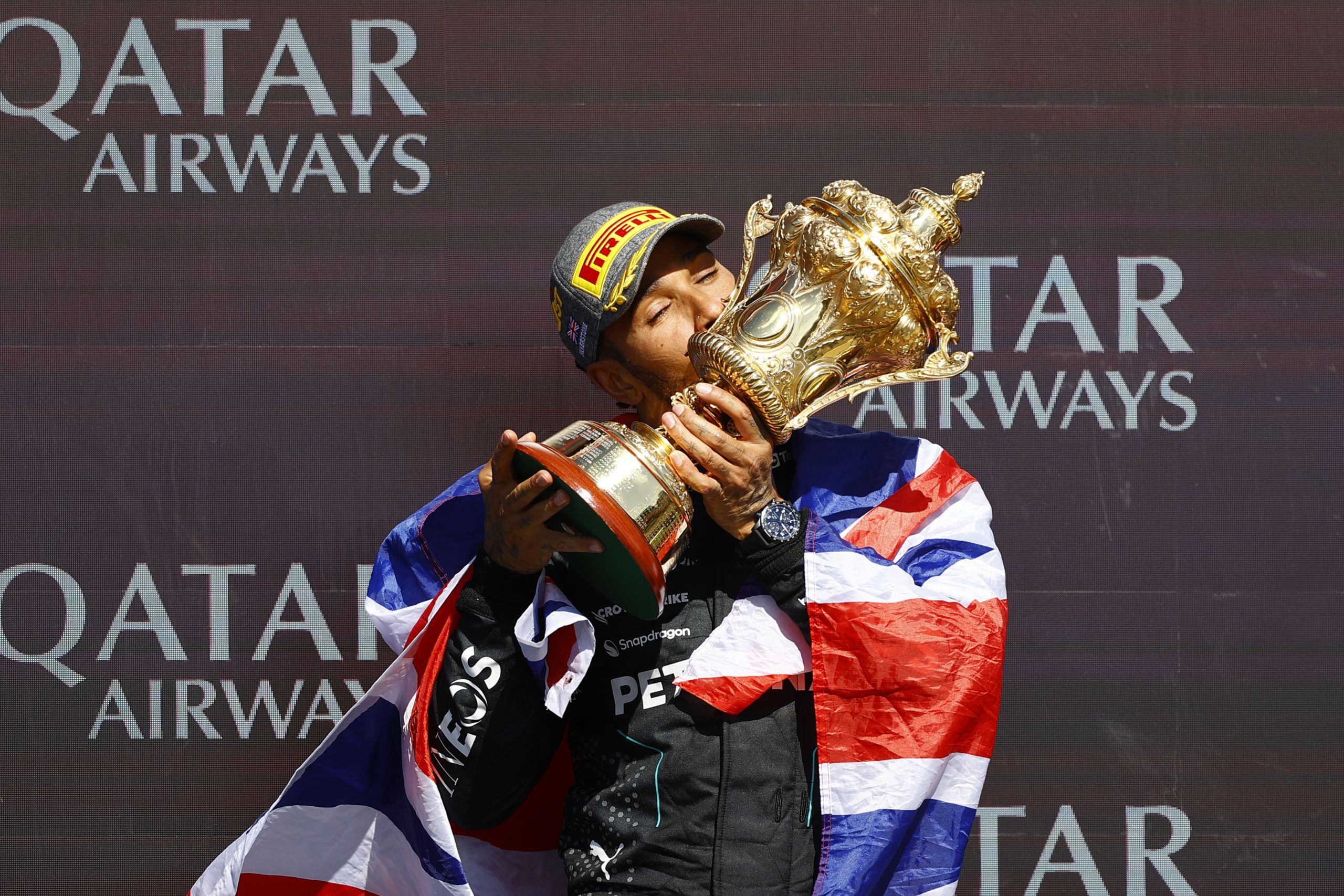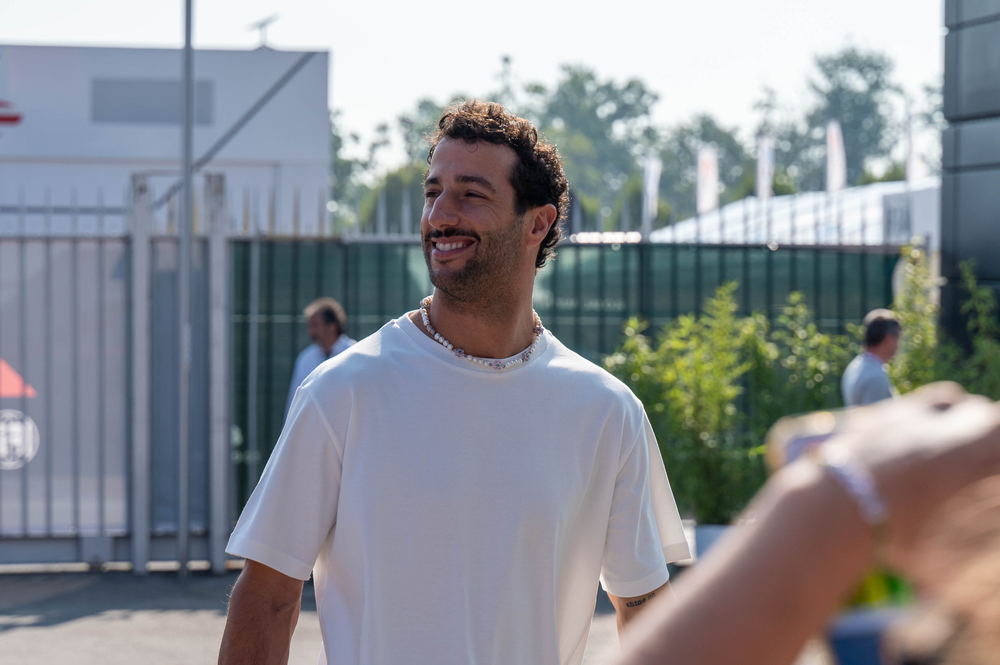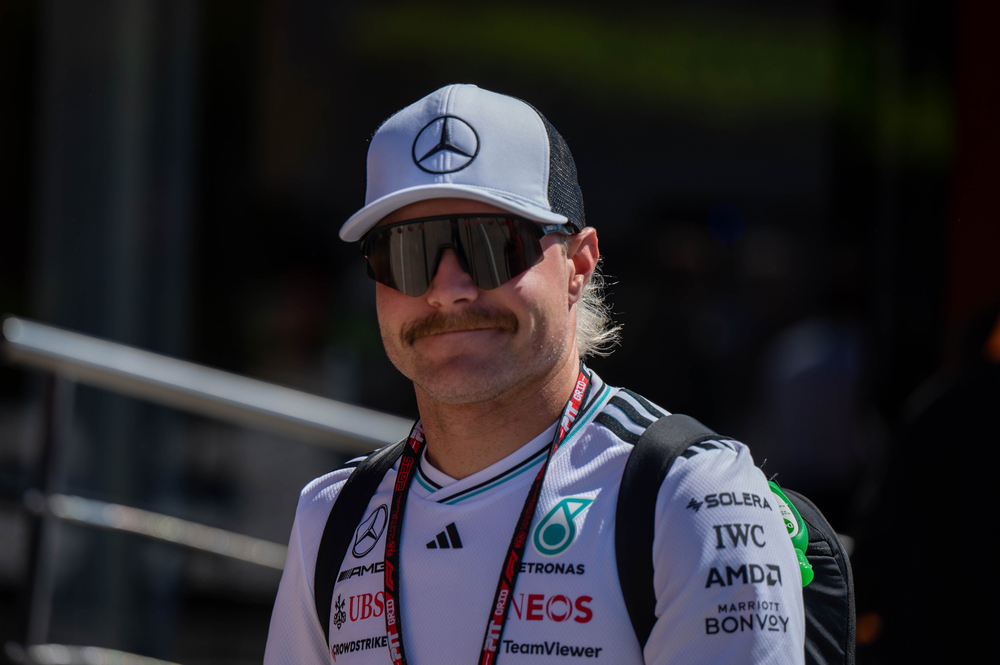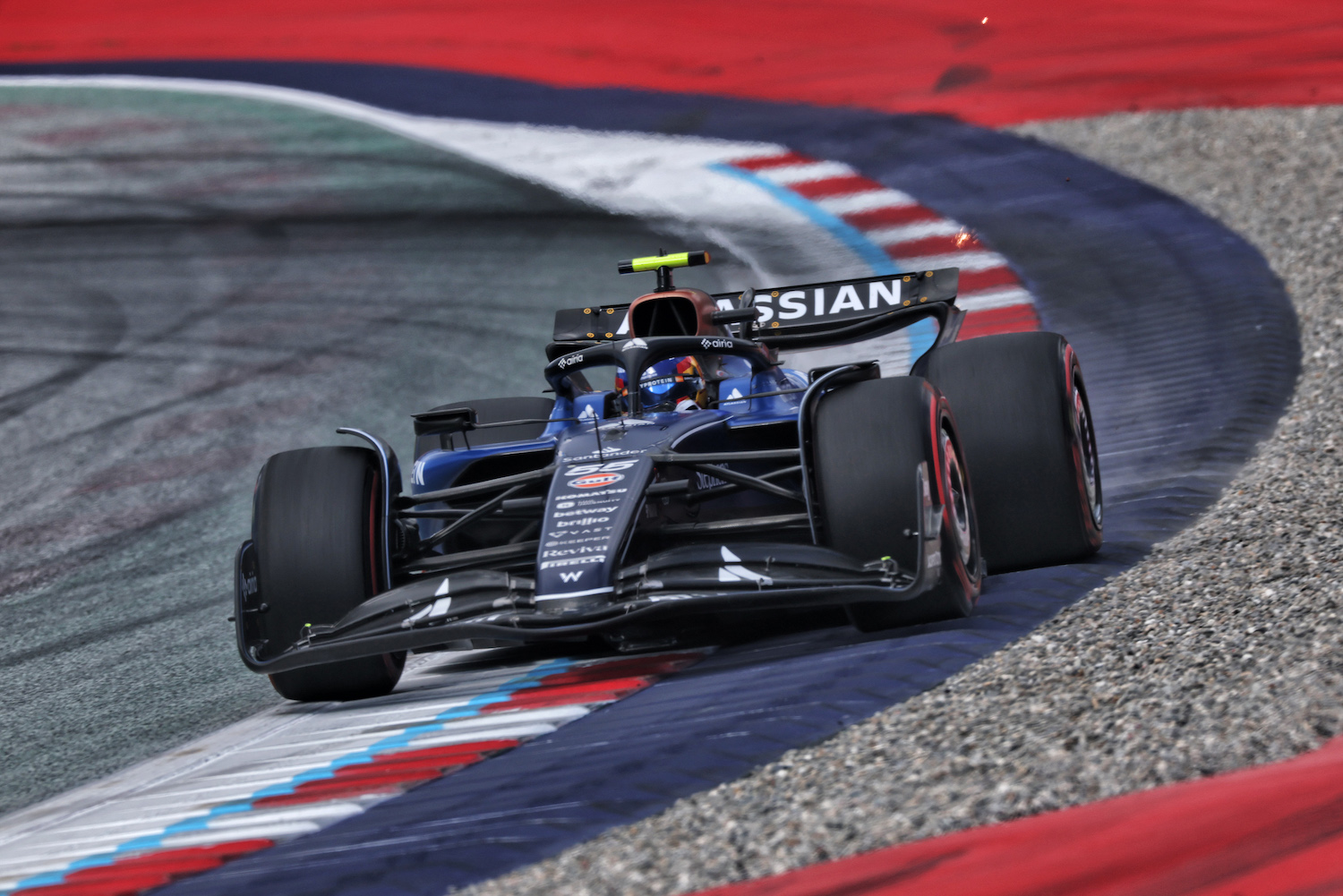Keeping The F1 Show On The Road
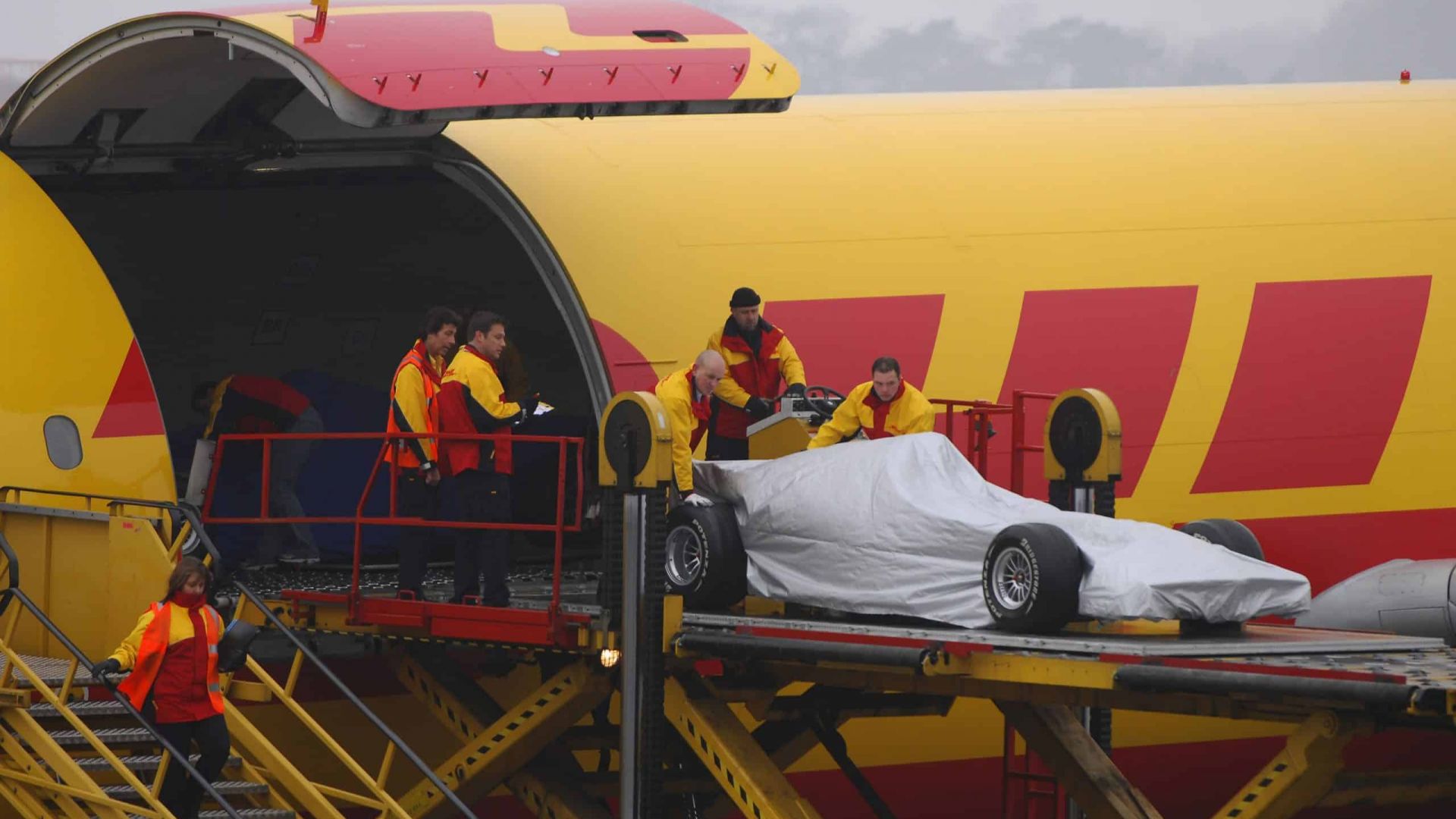
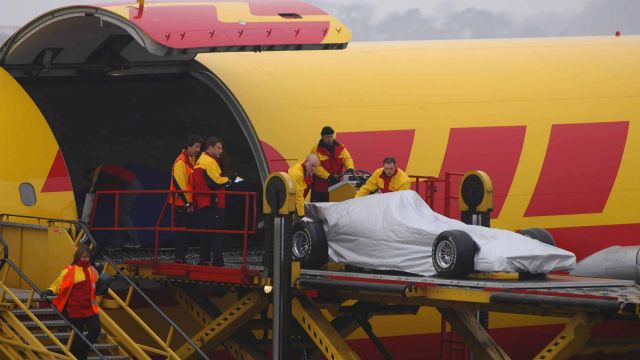
The season continues with Imola providing a spectacle but F1 remains vulnerable to the effects Covid -19 may inflict.
Stefano Domenicali told Auto Motor und Sport, “That while 2020 was all about surviving the sudden crisis, F1 must now navigate a world with highly complex new rules.
“The situation this year is much more complicated than in 2020.
“Last year everyone first had to find a way through the pandemic and learn. Now every country has its own rules and conditions. That is why we have to decide from day to day and remain flexible in case something changes at the last moment.”
Problems are already surfacing with the anticipated cancellation of the Canadian Grand Prix as the promoters cannot make the sums add up without spectators.
Also, Canada’s strict COVID-19 travel restrictions requiring a 14-day quarantine upon entering the country are not feasible for the F1 travelling circus. Canada would have to accept approximately 2000 F1 personnel arriving from Azerbaijan and wanting to leave again 7 days later.
Potential problems are raising their head over the Belgium race at the Spa Francorchamps circuit.
Commercial director of the circuit Stijn de Boever told the Algemeen Dagblad newspaper,
“We are organising everything for a normal grand prix, but it looks difficult. Really very difficult.”
Last year, Spa hosted a ‘ghost race’ without spectators and is unlikely to do so again with Boever stating the situation in 2020 “was really not great”.
Domenicali hit the nail on the head when he said flexibility was required for last-minute changes and that’s where F1’s logistic partner DHL will be critical in ensuring F1 continues to go racing in 2021.
DHL has 16 years experience of moving cars, tyres, fuel, team equipment, hospitality, and broadcast equipment and have recently renewed their contract with Liberty Media.
1,400 tonnes will travel 120,000 km in 2021 enough to circle the world three times over.
2021 sees 23 destinations on five continents, the largest number in the sport’s history, which includes the logistical nightmare of three triple headers.
The first triple-header takes place in Europe, with Belgium, Holland, and Italy.
The second triple header to Russia, Singapore, and Japan is logistically even more challenging because significantly greater distances must be covered.
To add to the task the third triple-header to the US, Mexico, and Brazil involves some fair old mileage.
Paul Fowler, Global Motorsport Head, DHL Global Forwarding comments, “An intercontinental triple header is when logistics are really put to the test. Even during the race, before the checkered flag is waved, the DHL team start dismantling and stowing equipment.”
Adding to the headache is the new races at Zandvoort and in particular Saudi Arabia, DHL personnel have to travel months ahead to check out the unfamiliar surroundings.
It cannot be overstated the importance of DHL’s personnel using all their experience to make sure the season can be run under such difficult circumstances.
The company will have to be able to react to fast-moving situations that may involve substitute venues coming on stream with very tight time frames.
To this end decisions on freight shipments can be made within 12 hours and DHL have containers positioned within a two-week transportation window to any circuit in the world.
Staff at race weekends are in a logistics biosphere working in smaller teams with cargo being disinfected in the freight zone before being handed over to the teams.
DHL is committed to F1 with the new deal understood to be non-cash with DHL providing all the logistics for ‘free’ in return for trackside advertising and prominent branding in the pit lane.
Liberty Media of course get their pound of flesh by invoicing the teams for the freight.
The association with F1 is an important element in DHL’s marketing as Arjan Sissing, Global Head of Brand Marketing at DHL explains, “The partnership enables us to develop specialised logistics solutions for other customers in the automotive industry, which helps also growing our core business”.
DHL’s competitors have been involved in F1 with FedEx sponsoring several teams, Benetton (1996-1999), Ferrari (1999-2001), Williams F1 (2002-2006), and McLaren (2007-2008).
Also in the frame is UPS who has been a partner to the Ferrari F1 team since 2013.
DHL’s biggest threat came from Dubai-based DP World which started as a port operator but has grown into a full-service logistics company.
DP World entered the fray back in 2020 ahead of F1’s 2021 tender when they became Global Logistics Partner and Title Partner of the Renault F1 team.
Echoing DHL’s sentiments Sultan Ahmed Bin Sulayem, Group Chairman and Chief Executive Officer, DP World, said: “One of our strategic objectives has been to develop innovative logistics solutions for the automotive sector. This partnership is a first step in the exploration of ways to make the global automotive supply chain more efficient by lowering costs, increasing speed and transparency, and mitigating the environmental impact”.
After realising DHL was to continue as the logistic partner the company exited F1 and now concentrates on its cricket and golf sponsorships.
As the world hopefully emerges from the pandemic F1 and its fans can only hope that DHL continues to keep the show on the road.
Garry Sloan is the author of “In the pit lane – F1 exposed” details at inthepitlane.com
Copyright ©2021 Garry Sloan
[Note: The opinions expressed on this website are those of the author’s and do not necessarily reflect the opinions of the editors and/or publishers.]


